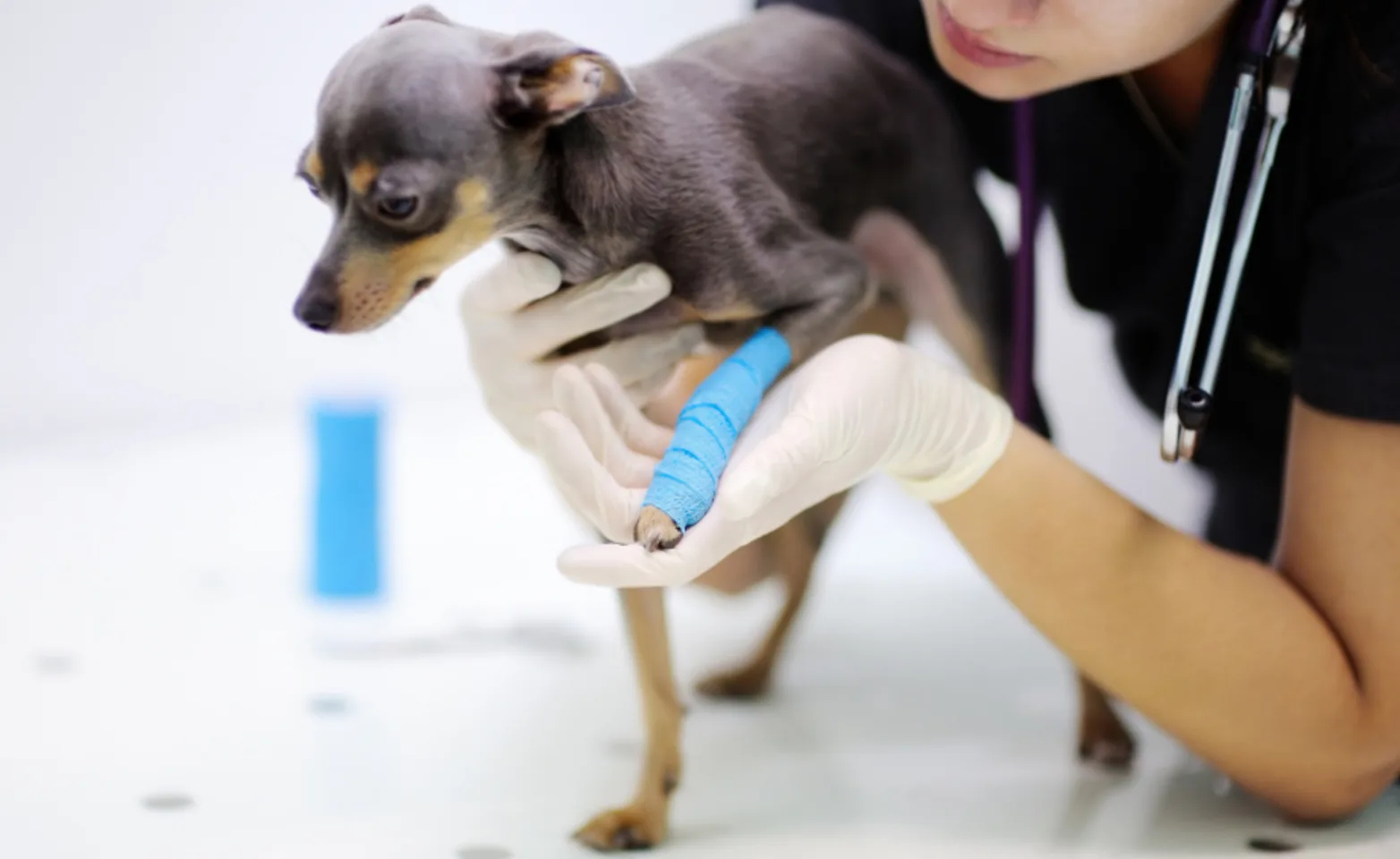Animal Medical Center of Hattiesburg

Blood Donor Heroes

Blood Banking at Animal Medical Center
Here at Animal Medical Center, we have several regular blood donors that we call heroes. Our facility always has a large stock of blood and plasma in the case of a pet needing a transfusion. Because we have such a large number of donors, we have every type of blood.

Peace Of Mind With Quality Donations
As long as a pet is healthy, there are very few risks with donating blood. We perform a thorough examination and conduct lab work and a full chemistry panel before clearing a pet to become a blood donor. We also blood type our donors to make sure that transfusions are as safe as possible.

Blood Banking Basics
Dogs have twelve blood types and counting as more are still being discovered today. Cats have three blood types.
Pets can donate every three months. More frequent donations are prohibited, as it can cause the pet to become anemic.
After we collect blood from a donor, we make one of four products: whole blood, packed red blood cells, plasma, or platelet-rich plasma.
The most common diseases treated with blood donations are IMHA (Immune Mediated Hemolytic Anemia), rat poison ingestion, blood loss from trauma or bleeding tumor, and hookworm anemia.
On average, we perform one transfusion every two weeks.
